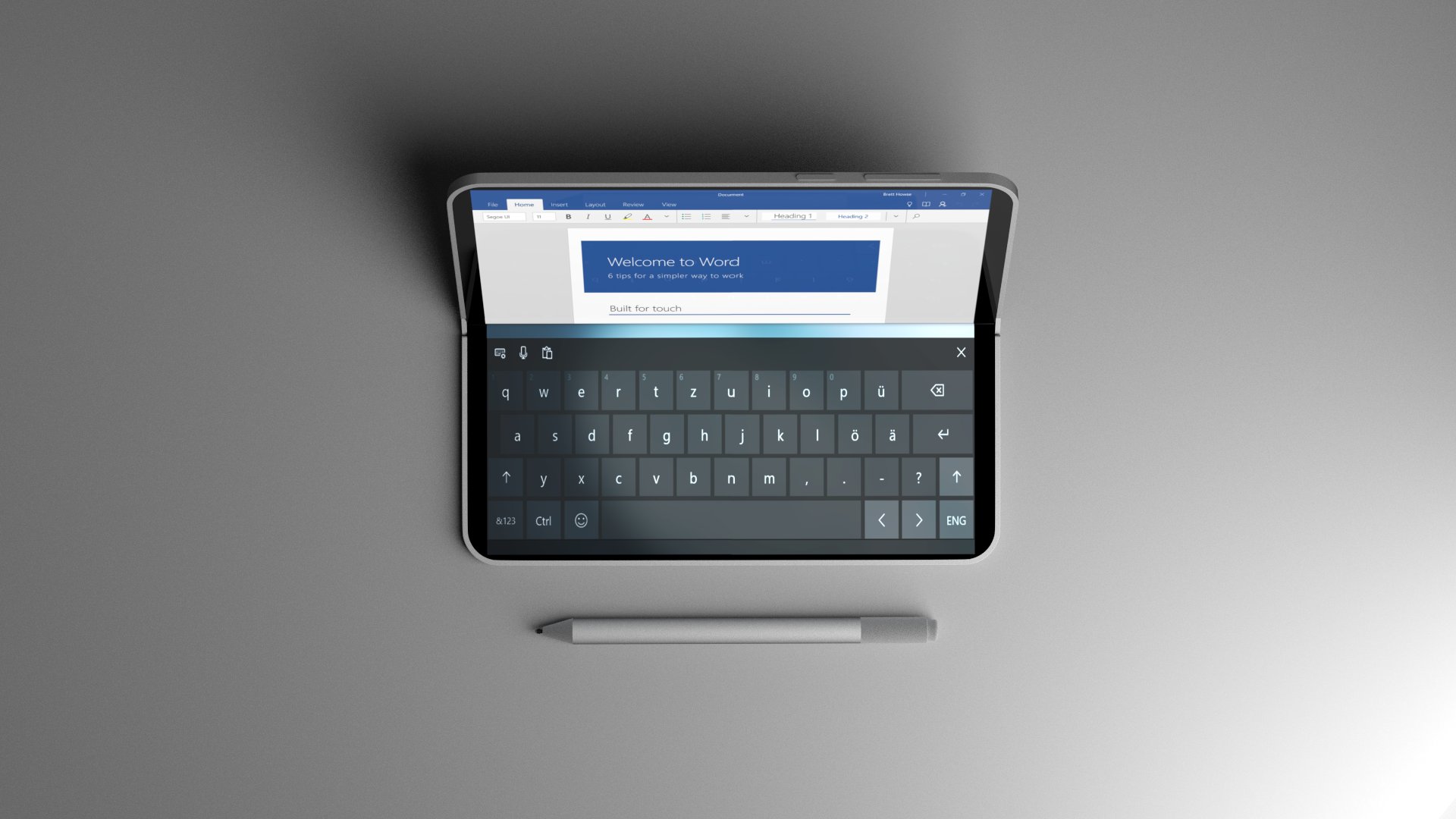The case for and against the Surface Phone
2 min. read
Published on
Read our disclosure page to find out how can you help MSPoweruser sustain the editorial team Read more

We have heard yesterday that the Surface Phone has been “put on hold” and due to the reasons (being in large part that there did not appear to be a use case for the device) being unlikely to change in the near and foreseeable future, that does effectively kill the device.
It is never however too early for an autopsy, and to try and understand the reasons for Microsoft’s decision, so here, in brief, is a list of reasons why the Surface Phone should have been released and also why it is better off being cancelled.
| Pro release | Against release |
| It is a new device form factor which would have allowed all of that development by Microsoft Research into new user interfaces to finally find a home in a real device. | All of that work was still experimental which represented a significant ongoing investment into what is likely to be a small market with a small return. |
| It would have brought some excitement back into Windows. | Due to restrictions due to size and form factor, it would not have been “Real Windows”. |
| It would break new ground for Microsoft OEMs to explore with a phone-like device after the failure of Windows Mobile. | The phone market is hypercompetitive, and Microsoft is not committed enough to go up against Google. |
| It would have been another excellent showcase for Microsoft hardware, much like the Surface Studio. | |
| It would have provided another example of Microsoft’s failure in software development, with likely a huge number of bugs and issues due to immature software. |
Ultimately, however, the main issue is that the main use case for Windows is productivity, and the Surface Phone would not have been a very productive device, and once you scale it up to be a larger, more productive device, then you might as well put full Windows on it, which is already mature from a productivity point of view.
This bind also means there is very little room for further growth or excitement in Windows itself, which must be quite disheartening to Microsoft researchers who hoped to bring Microsoft’s vision of the future to life.
Ultimately Microsoft likely saved many of our readers $1500 on what would have been a failed experiment in the end. Do you agree? Let us know below.








User forum
0 messages